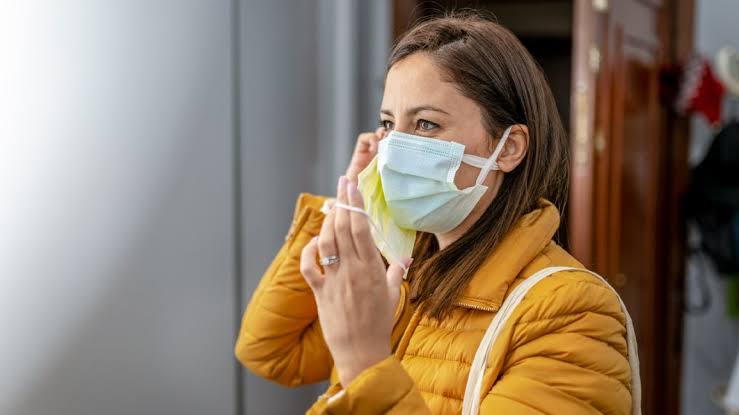While there is no way to eradicate coronavirus disease completely, there are various measures you may take to avoid contracting the disease and spreading it to others. One of the best ways to stop the spread of COVID-19 is to wear a mask. Mask use has surged; however, the precise use of masks is more important than simply using masks. When you buy face masks, there are certain things to keep in mind. The first is that respitors are divided into three categories: surgical, fabric, and N95 respirators. Respirators must be used carefully and disposed of properly after each use.
MASKS AND THEIR USE AND APPLICATIONS.
Cloth masks are popular because they can be worn again after wash, although their effectiveness is lower than other masks. A cotton mask is much more effective than masks made of other fabrics.
A surgical mask with several layers
Surgical mask protects against viral transmission by air, particle droplets, and sprays. It’s highly effective and can be easily disposed. It’s not a good idea to wear a mask that’s too loose since tiny particles might go in via your nose and mouth.
Pulling on the rope linked to the mask is the only method to remove it without slamming onto your face. This part of your attire should be folded away from your body to hold your chin elevated about your shoulders. Visible nose and ocular secretions should not be seen through the mask. Use newspaper to wrap the mask and throw it away after you’re done.
In Australia and worldwide, surgical masks with three layers of protection are most effective in guarding against the COVID-19 virus. This three-layer mask has a steel frame at the top that can be adjusted to fit over the nose, as the name suggests. Professionals in the medical field and those who care for infected individuals should take it.
Among its many benefits is the N95 respirator’s ability to capture virus and bacterium particles as tiny as 0.03 microns. The general population should not wear this polypropylene mask daily. Attendance is strongly recommended for patients with COVID-19. Doctors, front-line employees, and everyone else who comes into touch with patients are all encouraged to do so as well.
REUSE
Masks should never be reused; instead, they should be thrown away after one usage. If you plan to reuse a mask, keep it in a cool, dry place and clean it carefully after each use. Be cautious about washing and sanitising a cotton mask before using it again.
Disposable face masks in should be stored in a plastic bag, provided they are not damaged in any way. Three days after they are worn, surgical masks are ineffective. The usage of a mask that has been damaged or is dirty should be avoided at all costs.
It is possible to wear an N95 mask several times while also keeping it in place while it is not in use. It should be stored in a clean plastic container after each usage. Make sure your surroundings are dry for 3-4 days before wearing the mask. One further option for sterilisation is to disinfect using an N95 mask. Using two or three masks at once is recommended.
For up to 72 hours after exposure, the COVID-19 virus may be found on almost any surface. Australian healthcare practitioners thus forbid the use of sterile masks in their treatment. Once infected persons have been exposed to others, they should never wear masks again.


